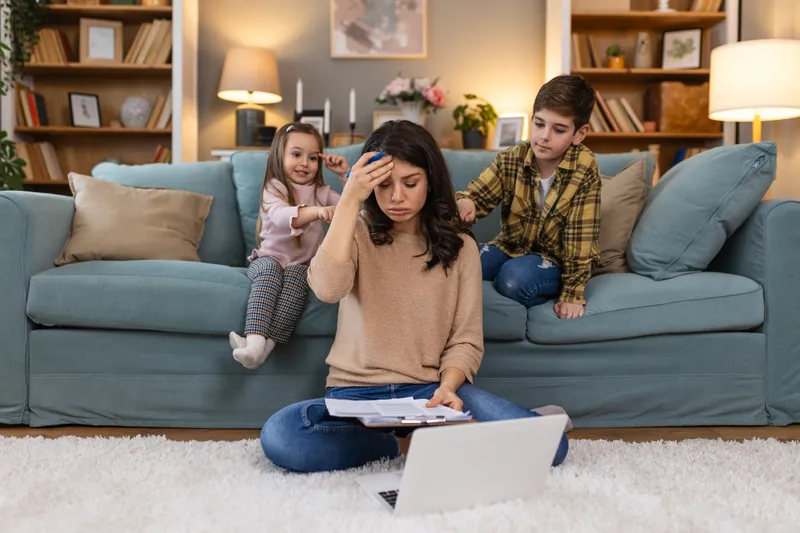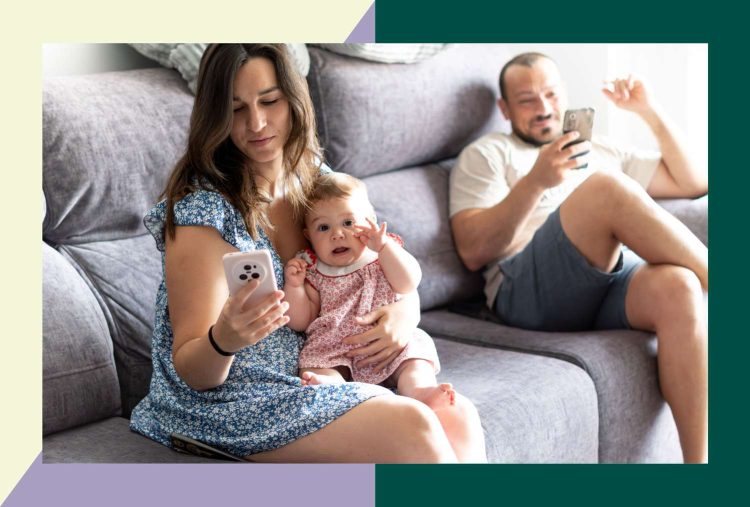Introduction: The Rise of Memes as Emotional Currency
In the fast-paced digital age, traditional forms of self-therapy like journaling, counseling, or mindfulness are being supplemented—and sometimes challenged—by new cultural phenomena. Among these, meme culture stands out as a unique, collective way for especially Gen Z to process emotions, cope with anxiety, and find community. Memes, those bite-sized pieces of humor and shared experience, have evolved far beyond mere jokes. They serve as social mirrors, emotional outlets, and coded languages for mental health struggles and everyday stressors. This article analyzes how memes function as informal self-therapy tools and communal emotional processing platforms for a generation navigating unprecedented societal pressures and digital connectivity.
Understanding Meme Culture and Its Language
A meme is typically an image, video, or text snippet shared rapidly across social media that humorously captures a relatable feeling, event, or idea. For Gen Z, memes have become a distinct vernacular—often cryptic, ironic, and self-deprecating—that allows users to communicate complex emotional states succinctly.
Unlike traditional verbal expression, memes convey layered meaning through humor, visual cues, and cultural references, enabling an unspoken dialogue about mental health issues like anxiety, depression, burnout, and loneliness. This shorthand emotional expression lowers barriers to discussing difficult topics, fostering connection and validation in an accessible format.
Memes as a Form of Emotional Catharsis
Humor is a well-documented coping mechanism for stress and trauma. Memes extend this by providing immediate, relatable comedy that reflects personal struggles. For many, laughing at a meme about anxiety-induced procrastination or depressive spiral feels like a moment of relief and solidarity.
By externalizing inner turmoil through satire or absurdity, memes help users distance themselves from distress without dismissing it. This cathartic release can reduce feelings of isolation and helplessness, encouraging resilience through shared laughter and recognition.
Community Building Through Shared Experience
Memes often circulate within specific online communities, such as Reddit forums, TikTok pages, or Twitter threads, creating microcosms of shared identity. These spaces function as peer support networks where mental health experiences are normalized and destigmatized.
Unlike traditional therapy settings, meme communities offer anonymity and low-pressure engagement, making them accessible to those hesitant to seek formal help. The collective nature of meme-sharing fosters a sense of belonging, reminding individuals they are not alone in their struggles, which is crucial for emotional well-being.
The Role of Irony and Self-Deprecation
A hallmark of Gen Z meme humor is irony and self-deprecation. These styles serve as defense mechanisms and emotional regulation tools. By poking fun at one’s own anxiety or feelings of inadequacy, individuals gain control over their narrative, reframing vulnerability as strength.
However, this ironic distance can be double-edged. While it facilitates openness, excessive self-deprecation may mask deeper distress or discourage seeking help. Understanding this balance is key to interpreting memes as emotional expression rather than signs of resignation.
Memes and Mental Health Awareness
Memes have increasingly become vehicles for mental health education and advocacy. Many creators use humor to break down stigma, share coping strategies, and promote self-care in digestible formats. Popular accounts dedicated to mental health memes can reach millions, amplifying messages of empathy and recovery.
This democratization of mental health discourse challenges traditional gatekeeping and encourages proactive conversations. Memes empower younger generations to reframe mental illness narratives, emphasizing acceptance, humor, and community rather than shame.
Case Studies: Memes as Informal Therapy
Consider the viral “This Is Fine” meme depicting a dog calmly sitting in a burning room. It encapsulates how many cope with overwhelming anxiety—acknowledging chaos with resigned humor. Sharing this meme sparks recognition and communal validation, serving as a digital ritual of emotional processing.
Another example is “Mood” memes, simple images captioned with “mood” to signify an emotional state. These serve as quick emotional check-ins, facilitating indirect expression and connection.
Through qualitative analyses, researchers observe how meme consumption correlates with reduced stigma and increased peer support among young adults navigating mental health challenges.

Potential Downsides and Ethical Questions
While memes can normalize emotional struggles, they are not a replacement for professional therapy. The brevity and humor of memes risk trivializing serious conditions or reinforcing harmful stereotypes.
Additionally, meme culture can foster echo chambers where negative thinking or unhealthy coping patterns circulate unchecked. The anonymity of online spaces also sometimes leads to toxic interactions or invalidation.
Ethically, content creators and platforms bear responsibility for balancing humor with sensitivity and ensuring that vulnerable audiences are not exploited or misled by oversimplified narratives.
Memes Versus Traditional Therapy: Complement or Substitute?
Memes function as informal, communal self-help tools rather than structured therapeutic interventions. For many, meme-sharing supplements formal therapy by providing peer connection and momentary relief.
However, memes lack the personalized, evidence-based guidance necessary for deep healing. Mental health professionals caution against relying solely on meme culture for emotional support, emphasizing the importance of integrating humor with professional care.
Yet, memes can serve as conversation starters, helping individuals recognize symptoms and seek help, thereby bridging informal and formal support systems.
The Psychological Mechanisms Behind Meme Impact
Memes activate social cognition by triggering empathy and identification. When someone sees a meme that “gets” their feeling, it validates their experience neurologically and emotionally.
Mirror neurons respond to shared humor and recognition, releasing dopamine and oxytocin, which promote bonding and mood elevation.
Furthermore, the repetition and viral nature of memes create collective emotional rituals that reinforce social cohesion and normalize vulnerability.
The Future of Memes in Emotional Health
As digital natives, Gen Z and beyond will continue innovating emotional expression through memes, GIFs, and other internet-born languages.
Artificial intelligence and machine learning may soon personalize meme feeds based on mood or psychological needs, creating tailored emotional support ecosystems.
Hybrid models integrating meme culture with teletherapy platforms could emerge, combining informal humor with professional guidance.
The challenge lies in leveraging meme culture’s strengths while addressing its limits to foster holistic mental wellness in the digital era.
Practical Recommendations for Using Memes Mindfully
- Use memes as a tool for connection, not isolation
- Balance humor with authentic emotional expression
- Recognize when meme-sharing is insufficient and seek professional help if needed
- Create or follow meme communities that promote positivity and mental health awareness
- Avoid toxic or self-harming meme content that reinforces negativity
- Use memes to start conversations about mental health with friends or therapists
Conclusion: Memes as a Digital Age Emotional Language
Memes have transcended entertainment to become a vital language for expressing and processing complex emotions among Gen Z. Their ability to blend humor, shared experience, and vulnerability creates a unique form of informal self-therapy and communal healing.
While memes cannot replace the depth and nuance of traditional therapy, they open new avenues for empathy, destigmatization, and connection in a world increasingly mediated by digital culture.
In embracing memes as part of emotional processing, we witness the evolution of mental health discourse—where laughter, relatability, and community offer hope and resilience for a generation.
Memes may well be the new frontiers of self-therapy, inviting us to explore healing through shared humor and digital solidarity.







































